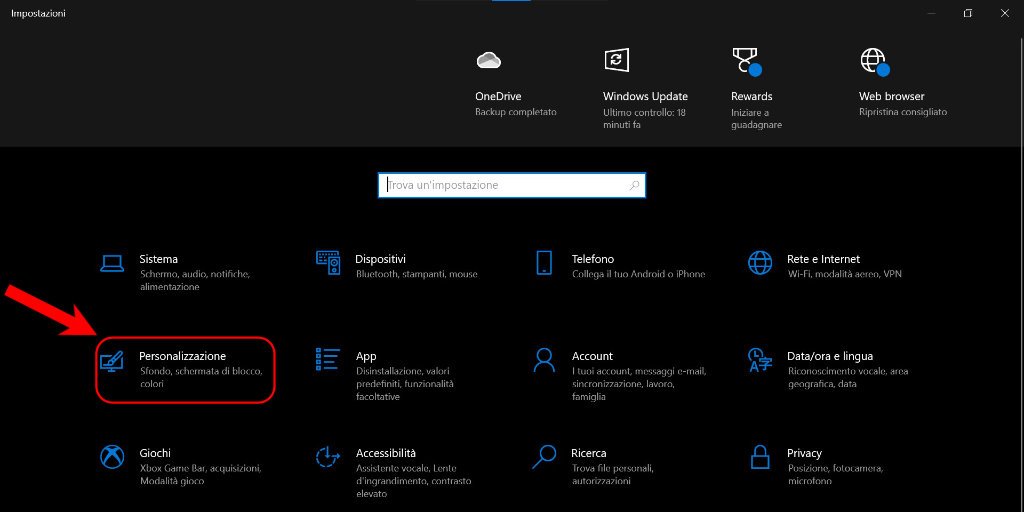

I’ve already explained how mixing Intel-only apps and tools can pose problems: it’s far better on an Apple Silicon system to run a complete calling chain using a single architecture where you can. That’s particularly important with command tools, as the last thing that you want on your shiny new Apple Silicon system is a call to any command to have to wait for Rosetta 2 to translate an Intel binary to run on ARM processors.

Silnite is now available in version 5, which is a Universal binary, and runs native on all versions of macOS from El Capitan to Big Sur betas, and on both Intel and Apple Silicon Macs.
#Lockrattler app full
Those are the full checks in text format.īeing a command tool, this can be run remotely, or automatically once a day perhaps, as you wish. ✅ System Integrity Protection status: enabled. Note that silnite‘s options aren’t specified with a hyphen, just the bare letters.ĮFI version found 1037.147.4.0.0 (iBridge: 0.0.0,0) expected 1037.147.4.0.0 iBridge 0.0.0 Those are the basic checks, without any check for available updates, returned in XML format. Which is equivalent to the explicit command

There are also a couple of options to control checking for and downloading of available updates.ĮFIV = "1037.147.4.0.0 (iBridge: 0.0.0,0)" It returns the results in one of two forms: with no added option, they come back as lines of text including handy emoji, use the x option and they’re returned as a JSONised property list, ready for incorporation into databases, etc. Silnite runs either of two checksets: with the a option, it runs the whole suite with b it only does the basics. For anyone wanting to run the same checks from Terminal’s command line, it should prove ideal. They twisted my arm, and I turned the heart of the app into a command tool, silnite.

Some sysadmins realised that being able to perform the same checks in SilentKnight remotely, on networked Macs, would be useful. This covers most of the same features as in LockRattler, but spares you the trouble of looking any of them up to see if they’re correct.
#Lockrattler app mac
As working out whether your Mac has the latest firmware installed can be fairly complex, it occurred to me that I could set up a database and a new app could look them up for you: so SilentKnight was next in line. With LockRattler proving very popular, I was wrestling with the problem of firmware version numbers and updates. It does have convenient buttons which will display pages from this blog, from which you can work out whether your firmware is up-to-date, and the security data file versions too. LockRattler covers all the key items, but doesn’t tell you whether any of the version numbers it discovers is up to date – it leaves you to interpret its results. I realised that there wasn’t any easy way to check key security settings, or how up-to-date the macOS security tools were. The oldest of the three is LockRattler, which I developed when a whole batch of brand new MacBook Pros were delivered to users with SIP disabled. This article explains a bit more about each of them, and a third similar utility, silnite, which is the underused command tool equivalent of SilentKnight.
#Lockrattler app free
By far the most popular of my free apps are SilentKnight and LockRattler, both of which check firmware versions installed, and a wide range of security-related features including Gatekeeper, XProtect and MRT versions.


 0 kommentar(er)
0 kommentar(er)
